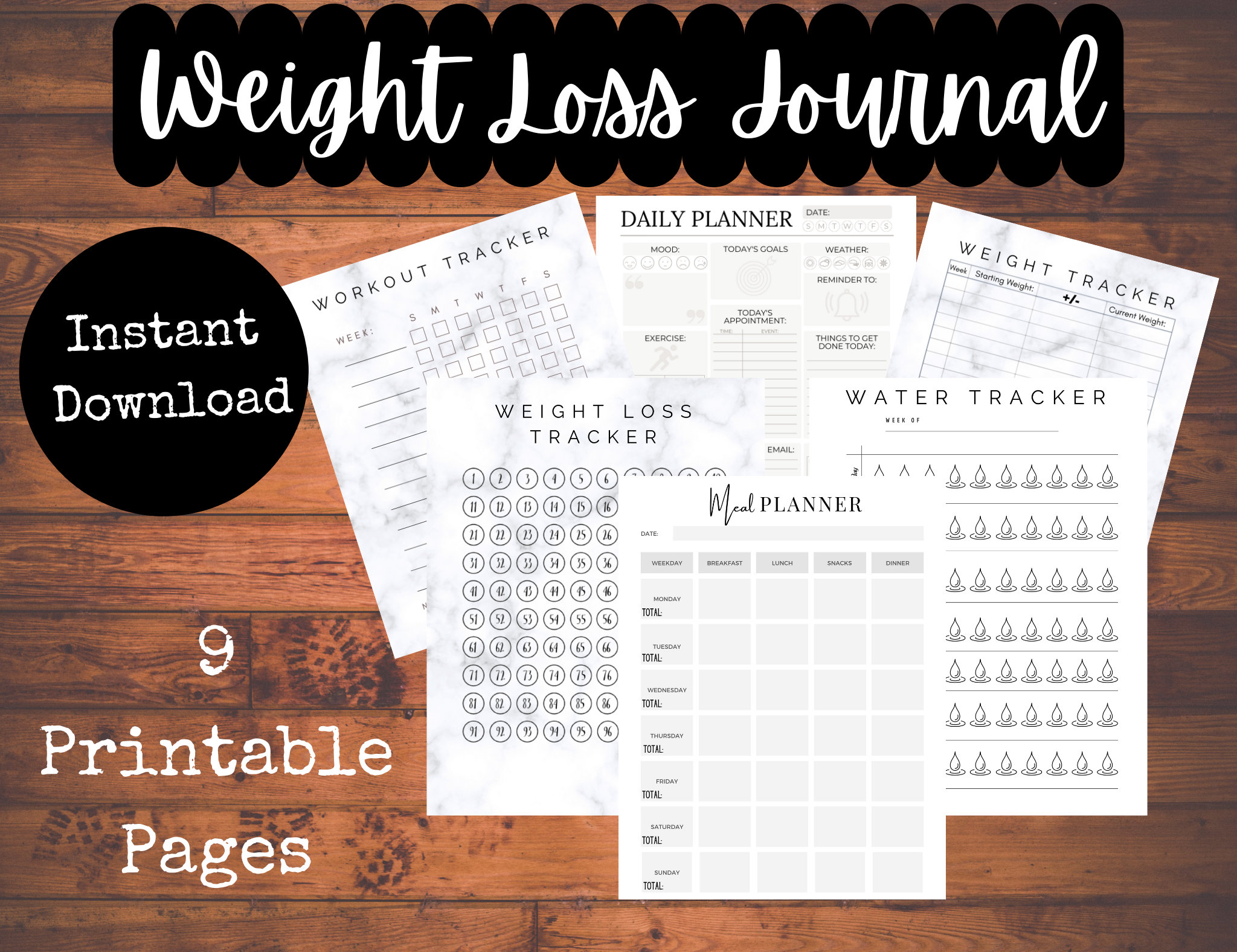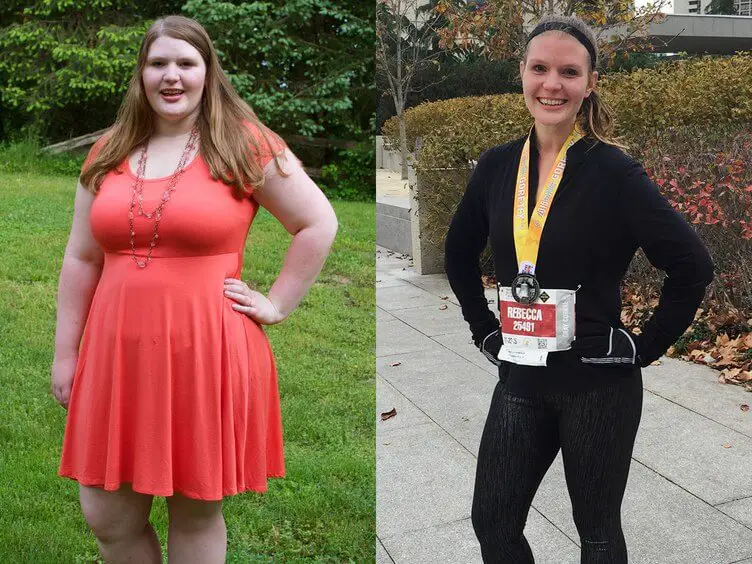The Power of Running for Weight Loss
Running is a highly effective form of exercise for weight loss, as it consistently burns calories and helps build endurance. According to a study published in the Journal of Obesity, running is associated with a greater reduction in body fat compared to other forms of aerobic exercise. Additionally, running releases endorphins, the “feel-good” hormones, which can elevate mood and reduce stress levels. Running weight loss before and after pictures often showcase the significant transformation that can occur when incorporating this exercise into a regular routine.
Real-Life Transformations: Success Stories
Running weight loss before and after pictures can serve as powerful motivators for those looking to start their own fitness journey. These inspiring stories showcase the remarkable achievements of individuals from various age groups, starting weights, and running experiences. For example, Sarah, a 35-year-old mother of two, lost over 50 pounds by incorporating a consistent running routine into her lifestyle. Starting with walk-run intervals, she gradually built up her endurance and strength, eventually completing multiple half-marathons. Another inspiring story is that of John, a 48-year-old businessman who shed 70 pounds through running. Initially struggling to run a single mile, John persevered and now regularly competes in marathons and ultramarathons. These success stories demonstrate that with dedication, consistency, and a well-structured plan, running can significantly contribute to weight loss and overall well-being.
How to Document Your Own Running Weight Loss Journey
Taking and sharing running weight loss before and after pictures can be a powerful tool for tracking progress and staying motivated. To ensure accurate and representative images, consider the following tips. First, take pictures in similar lighting and settings to maintain consistency. Second, wear form-fitting clothing to showcase physical changes. Third, take full-body shots from the front, back, and sides to capture a comprehensive view of your transformation. Lastly, remember to smile and embrace your progress, as this will help project confidence and positivity.
Sharing your running weight loss before and after pictures on social media or personal blogs can inspire others and create a sense of accountability. Engaging with a supportive community can provide encouragement, advice, and motivation. However, always ensure that you are comfortable with the level of sharing and that you maintain a healthy balance between public recognition and personal motivation.
The Science Behind Running and Weight Loss
Running is a highly effective form of exercise for weight loss due to the increased caloric expenditure and fat oxidation that occurs during this activity. When running, your body utilizes both carbohydrates and fats as energy sources. The intensity and duration of your running session will influence the proportion of these macronutrients used for fuel. As you become more efficient at burning fat, your body will tap into stored fat reserves, promoting weight loss.
Consistency, frequency, and intensity play crucial roles in maximizing weight loss benefits. Aim to run at a moderate to high intensity for at least 150 minutes per week, as recommended by the American Heart Association. This can be broken down into shorter sessions throughout the week, allowing for flexibility and convenience. By maintaining a regular running routine and incorporating interval training or hill repeats, you can further enhance caloric expenditure and fat oxidation, leading to greater weight loss results.
Creating a Balanced Running and Nutrition Plan
A balanced diet is essential for optimizing running performance and promoting weight loss. To create a sustainable and enjoyable nutrition plan, consider the following tips. First, ensure proper hydration by drinking water before, during, and after runs. Adequate hydration helps regulate body temperature, lubricate joints, and facilitate nutrient transport.
Next, focus on macronutrients. Carbohydrates provide quick energy for runs, while proteins aid in muscle recovery and repair. Healthy fats, such as those found in nuts, seeds, and avocados, contribute to satiety and support overall health. Aim to consume a variety of nutrient-dense foods, including fruits, vegetables, whole grains, lean proteins, and healthy fats, to meet your daily nutritional needs.
Lastly, pay attention to meal timing. Consuming a balanced meal or snack containing carbohydrates and proteins within 30 to 60 minutes post-run can help replenish glycogen stores and facilitate muscle recovery. Additionally, avoid overeating or consuming high-calorie, low-nutrient foods, as this can hinder weight loss efforts.
Staying Motivated and Preventing Plateaus
Maintaining motivation and overcoming plateaus are crucial aspects of successful running weight loss journeys. To stay motivated and prevent plateaus, consider the following strategies. First, set realistic and attainable goals, both short-term and long-term. Breaking larger objectives into smaller, manageable milestones can help maintain focus and momentum.
Next, track progress by regularly monitoring weight, body measurements, and running performance metrics, such as distance, pace, and time. Documenting improvements can serve as a powerful motivator and provide valuable insights into the effectiveness of your running and nutrition plan.
Seeking support from running communities, either in-person or online, can offer encouragement, advice, and accountability. Sharing experiences, challenges, and successes with like-minded individuals can help maintain motivation and foster a sense of camaraderie. Additionally, working with a personal trainer or coach can provide personalized guidance and support, further enhancing weight loss and running performance.
Additional Resources for Running and Weight Loss
For those interested in learning more about running and weight loss, various resources are available to support and enhance your journey. Here are a few recommendations to help you get started:
Books
“Born to Run” by Christopher McDougall: This captivating book explores the world of long-distance running and its potential for promoting weight loss and overall well-being.
Podcasts
“The Runner’s World Podcast”: This popular podcast covers a wide range of running-related topics, including weight loss, training, and nutrition.
Running Apps
Strava: This social fitness app allows users to track running workouts, set goals, and connect with a community of fellow runners.
Nike Run Club: This app offers personalized coaching plans, guided runs, and challenges to help users reach their running and weight loss goals.
Before starting any new exercise or nutrition program, it is essential to consult with healthcare professionals to ensure safety and effectiveness. By incorporating these resources into your running weight loss journey, you can gain valuable insights, inspiration, and support to help you achieve your goals.








